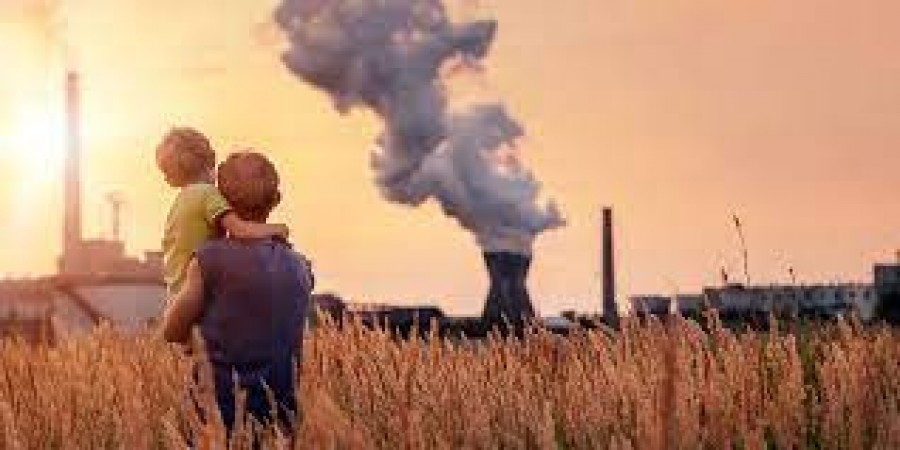
In today's rapidly changing world, environmental pollution has become a concerning issue that affects us all. While it poses risks to people of all ages, children are particularly vulnerable to its harmful effects. In this article, we will delve into the adverse impact of increasing pollution on the growth and health of children and explore ways to safeguard their well-being.
Environmental pollution arises from various sources, including industrial emissions, vehicular exhaust, and improper waste disposal. As these pollutants accumulate in the atmosphere, they can lead to adverse health effects.
Children are more susceptible to the negative effects of pollution due to their developing organs and immune systems. Their smaller size and faster breathing rates mean they inhale more pollutants per unit of body weight, making them highly vulnerable to respiratory and other health issues.
One of the most pressing concerns for children exposed to pollution is respiratory problems. Poor air quality can lead to asthma, bronchitis, and other chronic conditions that hinder healthy growth.
Recent research has linked exposure to air pollution with cognitive issues in children. It can affect their attention span, memory, and overall cognitive development.
High pollution levels are known to exacerbate allergies and skin conditions in children. These issues can cause discomfort and impact a child's quality of life.
Keep an eye on daily air quality reports in your area. Limit outdoor activities on days when air quality is poor, especially during peak pollution hours.
Encourage outdoor play in parks and green areas. These spaces often have better air quality and provide a healthier environment for your child.
Consider investing in air purifiers for your home. These devices can significantly improve indoor air quality, creating a safer haven for your child.
Ensure your child maintains a balanced diet rich in antioxidants and vitamins that can help combat the effects of pollution.
Stay up to date with vaccinations to protect your child from preventable diseases that can become more severe when combined with pollution exposure.
Promote an active and healthy lifestyle for your child. Regular exercise and a well-balanced routine can boost their overall immunity.
Participate in local initiatives and advocacy efforts to improve air quality standards in your community. Collective action can bring about meaningful change.
Educate your friends and family about the impact of pollution on children's health. Creating awareness is the first step towards building a cleaner and safer environment. Environmental pollution poses a significant threat to the growth and health of children. It is crucial for parents and communities to take proactive measures to protect their children from the adverse effects of pollution. By monitoring air quality, promoting green spaces, and advocating for change, we can create a healthier future for the next generation.
IOCBreaks Ground with Indigenous 'Benchmark' Petrol, Diesel Production for Automobile Testing